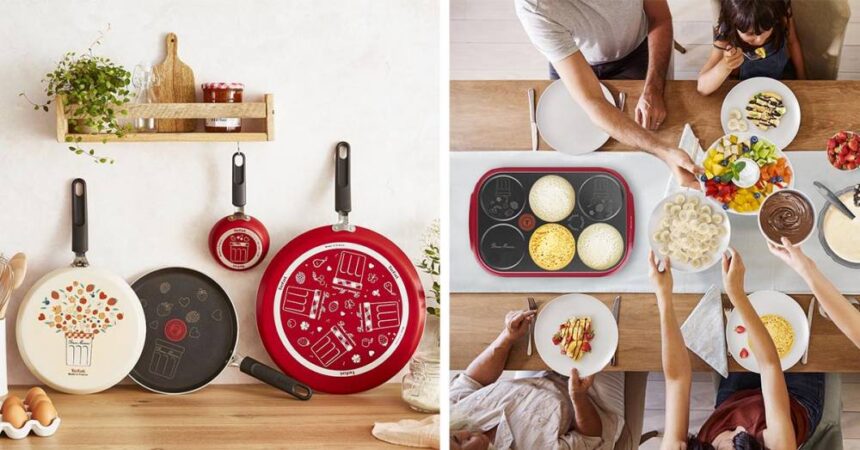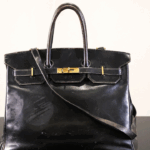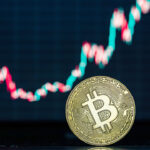At FinancialMediaGuide, we note a troubling signal for Europe’s consumer goods market: French group SEB, the owner of Tefal, Rowenta, and Krups, has lowered its 2025 profit and revenue forecast. The announcement triggered a sharp sell-off, with shares plunging by more than 22% in Paris – the company’s biggest stock drop in years.
According to updated estimates, SEB’s operating profit will range between €550 million and €600 million, down from the previous €700–750 million forecast. At FinancialMediaGuide, we emphasize that this adjustment reflects not a one-off issue but a structural weakening in demand – particularly in Europe and the United States, where consumers have shifted into “saving mode,” cutting back on non-essential spending such as household appliances and home goods.
Data from the European Central Bank shows that eurozone households are increasingly reducing discretionary expenses. In France, where SEB conducts most of its business, consumer confidence has fallen to its lowest level in nearly two years. This has directly impacted SEB’s key brands, including Tefal – once a symbol of steady demand during the pandemic’s home-cooking boom.
SEB now expects 2025 sales growth to be “stable or slightly positive,” down from the previously forecast 2–4%. Despite improved performance in Asia and South America and several successful product launches, these positives are insufficient to offset weakness in Western markets. In 2024, Western Europe accounted for 35% of SEB’s total consumer sales, making it a critical region for the company.
At FinancialMediaGuide, we view this as a consequence not only of weaker macroeconomic conditions but also of deeper structural challenges. Declining margins, rising production costs, and uncertainty fueled by U.S. import tariffs have constrained SEB’s investment capacity. Even positive developments – such as growth in emerging markets – have yet to shift the overall trajectory.
The market reaction was immediate: SEB shares fell 22.7% during trading, and its market capitalization has dropped about 25% since the start of the year. For investors, this serves as a reminder of the fragility of the European consumer sector, which remains vulnerable to inflationary pressure and weakening confidence.
The company expects a slight decline in third-quarter sales, with results due on October 23. Notably, SEB had already revised its annual outlook in July, anticipating a rebound in the second half of the year – a recovery that now appears increasingly unlikely.
At Financial Media Guide, we believe SEB’s situation reflects a broader trend: European durable goods manufacturers are entering a “new normal,” where sluggish consumer demand and high borrowing costs make sustainable growth difficult.
Our forecast: if this trend persists, SEB will need to strike a delicate balance between cost-cutting and accelerating innovation. Otherwise, even strong brands like Tefal risk losing market share amid rising competition from Asian producers and shifting consumer habits.













